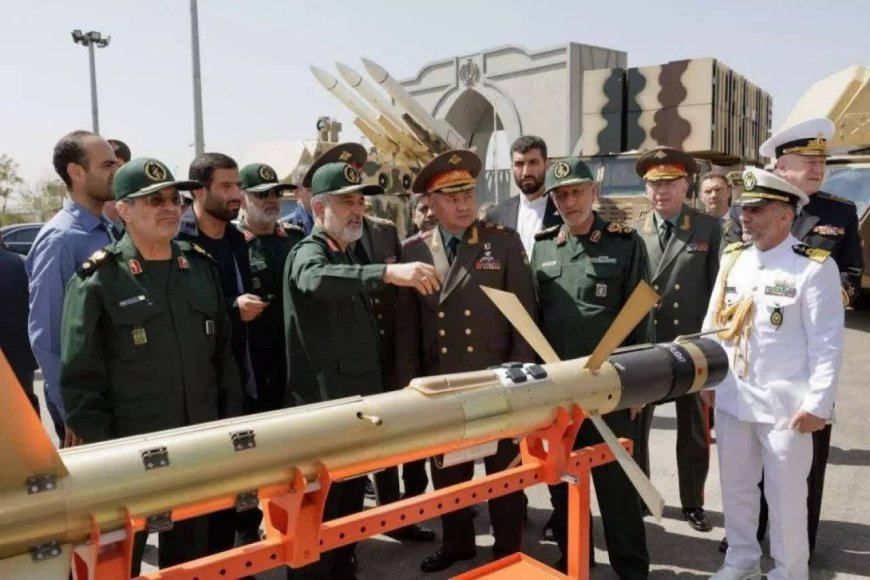Iran's Missile Export to Russia: Understanding Iran's Ballistic Diplomacy
The recent controversy surrounding Iran's sale of ballistic missiles to Russia has once again captured the attention of various media outlets, sparking a complex dialogue on the global stage. Western media sources have highlighted a significant shipment of missiles from Iran to Russia, purportedly intended for use in the conflict in Ukraine. The revelation has prompted a nuanced examination of the geopolitical implications within the volatile Middle East region amidst broader global events, shedding light on a deceptive Western narrative that is intent on complicating the situation.

By: A. Yeganeh
Western powers have long depicted Iran as a potential global threat, employing false security pretexts as a tool to exert pressure on Tehran. The export of missiles to Russia is just the latest move in this strategic maneuver, serving multiple objectives in the eyes of Western policymakers.
As the Board of Governors of the International Atomic Energy Agency (IAEA) gears up for its upcoming meeting in March, the Western narrative is poised to rally global attention against Iran's national interests. By selling military armaments to Russia in the wake of heightened debates about Iran's peaceful nuclear activities, the international community is subtly coerced into increasing pressure on Iran. In a region already rife with proxy conflicts, this added pressure only serves to exacerbate tensions, leaving Tehran, seen as a leader of the Axis of Resistance, with few options but to prepare for further Western hostilities.
Moreover, this calculated maneuver appears to divert attention away from the troubling actions of Israel in Palestine. As the Zionist regime contemplates a potentially devastating assault on the Rafah region, threatening the displacement of a significant number of Palestinians, the Western narrative shifts focus to Iran's missile exports, potentially allowing Israel to carry out its plans with less scrutiny and resistance.
Furthermore, this narrative construction also downplays the recent successes of the Russian military in the Ukrainian conflict. By drawing attention to Iran's alleged military support for Russia, the Western narrative subtly suggests that Russia is reliant on assistance from Iran and North Korea to overcome logistical challenges. This implication places both Iran and Russia under increased Western scrutiny, potentially straining their military cooperation.
It is crucial to note that these developments occur against the backdrop of the Joint Comprehensive Plan of Action (JCPOA), which allows Iran to export certain weapons in accordance with international law. However, as Western governments continue to focus on Iran's military exports, Iran's activities remain under close Western observation. This concerted effort to isolate Iran reflects the enduring goals of Western powers, particularly the Zionist regime, in perpetuating false narratives aimed at isolating Iran. The intricate interplay of geopolitical forces underscores the need for a discerning public to untangle the layers of this intricate narrative web and grasp the true motivations behind these complex maneuvers.













































